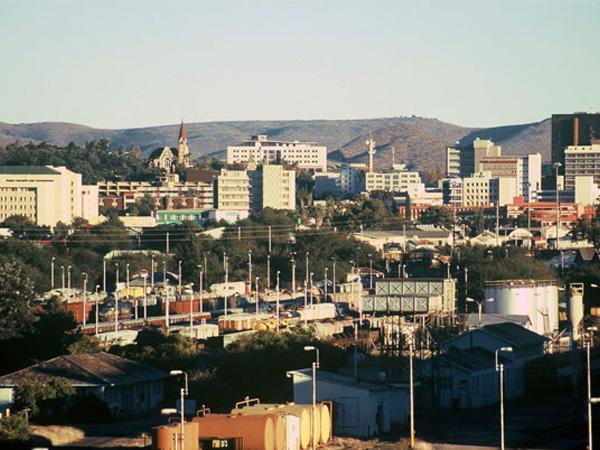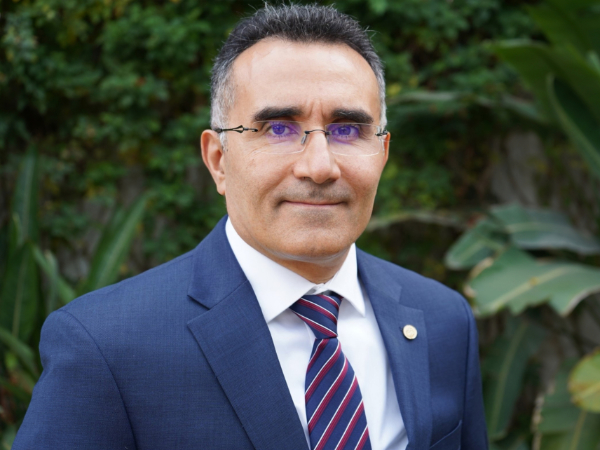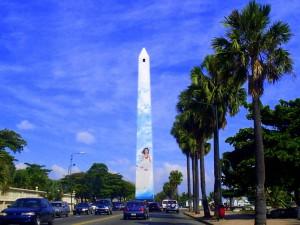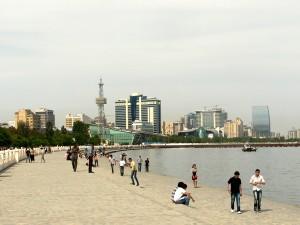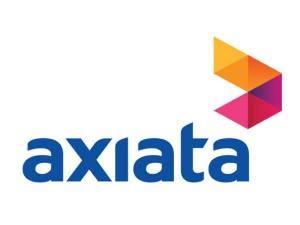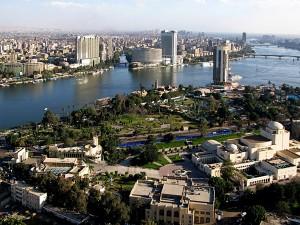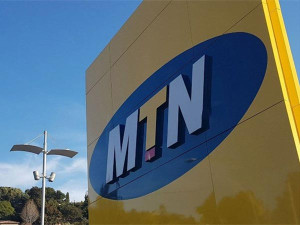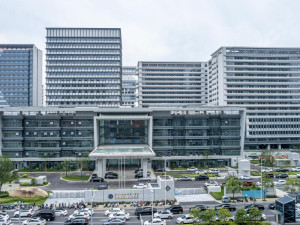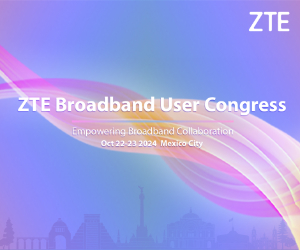For the longest time, Africa has been the continent chronically playing catch-up, unable to compete with larger economic powerhouses in more developed markets.
However, the continent is improving, according to industry body Global Mobile Suppliers Association (GSA), which stated in its latest regional spotlight report that growth across multiple mobile sectors continues to rise. Although Africa has not seen the levels of mobile development witnessed in the Asia-Pacific region, nor the technological advancements seen in Latin America, “significant growth levels” are predicted as various projects take off on the continent.
LTE/4G
LTE connectivity was launched in Africa in 2012 to provide faster connectivity as well as access to educational resources and digital platforms. As of the end of September 2024, 190 operators in 55 African countries and regions had invested in LTE mobile or fixed wireless access (FWA) services. Out of these, 160 operators in 53 countries have launched LTE technologies, “covering the entire region,” with LTE’s impact driving uptake. Only nine LTE launches in eight countries are expected in the coming years, and 11 operators in 10 countries, including Angola and Zambia, are planning deployments.
Speaking in a webinar to launch the GSA’s latest report, GSA research team member Joe Gardiner said the expected drop-off “clearly shows that operators have turned their attentions to 5G moving forward” and that LTE has “peaked.” The shift upwards and away from LTE is due to the growing number of subscribers and devices, but also because 5G networks have lower operating costs and higher efficiency by comparison, Gardiner noted.
LTE-Advanced/4.5G
LTE-Advanced, by providing a significant upgrade on its predecessor, “encouraged high levels of investment” and prompted operators to launch before the release of 5G, which has proved to be more complex.
By the end of September, the GSA found that 56 operators in 34 African countries were investing in LTE-Advanced, representing 14% of the global total. So far, 49 operators in 29 African countries have launched LTE-Advanced networks, accounting for over 13% of global launches. However, more than 20 African countries still do not have LTE-Advanced networks, the majority of which are landlocked nations with less economic development, partly due to their geographical location.
“Landlocked countries find it difficult to trade due to limited access to the sea and ports, which makes it challenging to develop economically and, in this case, to develop their network infrastructure,” said Gardiner.
Despite 5G being on the horizon, African operators are still investing in LTE-Advanced networks, with 12 operators in 10 countries planning the deployment of LTE-Advanced or LTE-Advanced Pro. Operators planning to launch this technology include JamCell in Liberia and Somtel in Somalia.
5G
5G was touted as the “final G” or the “G to end all Gs” when it was being developed. It offers significant enhancements over its predecessors, such as low latency and greater speeds. As of September, 343 operators in 126 countries had launched or soft-launched 5G networks globally. In Africa, 79 operators in 41 countries (12% of the global total) are investing in 5G or FWA services. Globally, only 35 operators across 21 countries have launched 5G networks.
Despite the lack of widespread 5G launches across all markets, Gardiner described the future of 5G in Africa as “promising,” with 26 operators across 19 African nations currently deploying or soft-launching 5G. In the long term, this figure will rise as 17 operators in 14 countries are planning to deploy commercial networks that can “help connect millions of people and bridge the digital divide,” said Gardiner.
5G Standalone (5G SA)
The GSA noted that despite the far greater capabilities of 5G SA — improved reliability, ultra-low latency, better security, and enhanced coverage — it has not been widely adopted globally. From September 2022 to September 2023, the number of operators investing in 5G SA grew by 32, bringing the total to 143 operators across 61 countries.
In Africa, 5G SA development was noted as “particularly low,” with only three operators in two countries (South Africa and Uganda) currently investing in and testing 5G SA, which equates to just 2% of the global total. Only one operator in Africa, Rain in South Africa, has launched 5G SA.
Private mobile networks
The GSA reported that more than 50 vendors supply equipment for private mobile networks based on LTE or 5G, with 66 operators globally involved in private mobile network projects. As of September, 1,489 customers were deploying private mobile networks worldwide, up from 1,384 in February. In Africa, 32 companies are purchasing private network equipment, making up 21% of the global total, with the majority based in South Africa, Nigeria, and Angola. Deployments are also starting in Ghana.
The fossil fuel industry is a heavy user of private wireless networks, followed by maritime firms operating seaports.
“This highlights the crucial role ports play in trade and economic development for the continent, as ports and seaports in North Africa provide a vital link between Africa and Southern Europe,” said Gardiner.
He predicted that private network use would continue to grow in Africa as more manufacturing shifts to the continent.
Spectrum allocation and costs
The sale and assignment of spectrum in Africa since 2022 was described as “moderate” by the GSA, with only six auctions held. These auctions involved spectrum ranging from 700 MHz to 81 GHz in countries such as Namibia, Nigeria, Tanzania, Uganda, and Zambia, for 4G, 5G, and wireless broadband open-access services.
Pricing “varied greatly,” noted the GSA. Around US$970 million was raised in South Africa’s auction in March 2022 for spectrum ranging between 700 MHz and 3.5 GHz. Meanwhile, the Tanzania Communications Authority raised US$190 million from its auction. More spectrum auctions are expected as operators shift their focus to 5G.
Sunsetting 2G and 3G
Once regarded as transformative technologies for Africa, 2G and 3G are now being prepared for decommissioning. Operators worldwide are sunsetting their legacy networks to reallocate spectrum to low-latency and more efficient LTE and 5G technologies.
As of the end of September, the GSA tracked 194 2G or 3G shutdowns in 69 countries, either completed or in process. Only one operator in Africa, Airtel in Nigeria, has completed its 2G and 3G shutdowns. Telkom in South Africa is the only other operator planning to follow suit.
The slow pace of 2G and 3G shutdowns in Africa “reflects the economic realities of the continent,” noted the GSA, and is also evident in the low levels of investment in 5G SA.
“One reason for this is that many regions still lack connectivity, and due to limited resources in certain areas, operators may be less willing to shut down older networks,” said Gardiner.
He added that “a greater number of shutdowns” would occur over the next 10 years, driven by the rise of 5G smartphones.
Satellite networks
The solution to plugging connectivity gaps in a vast continent like Africa could be in the sky, with satellite technologies. As an alternative to terrestrial networks, satellite networks are becoming more affordable as competition in the market intensifies.
The GSA identified 101 publicly announced partnerships between operators and satellite vendors in 53 countries globally. In Africa, there have been 16 partnerships across eight regions — notably, Vodafone partnered with AST SpaceMobile for direct-to-device services in Ghana. Meanwhile, in South Africa, MTN partnered with OneWeb for community and corporate broadband.
Use cases include satellite-to-mobile phones, the Internet of Things, machine-to-machine communication, and community and enterprise broadband. The GSA predicted that the number of MNO and satellite partnerships will “steadily grow” as demand for better connectivity increases.


